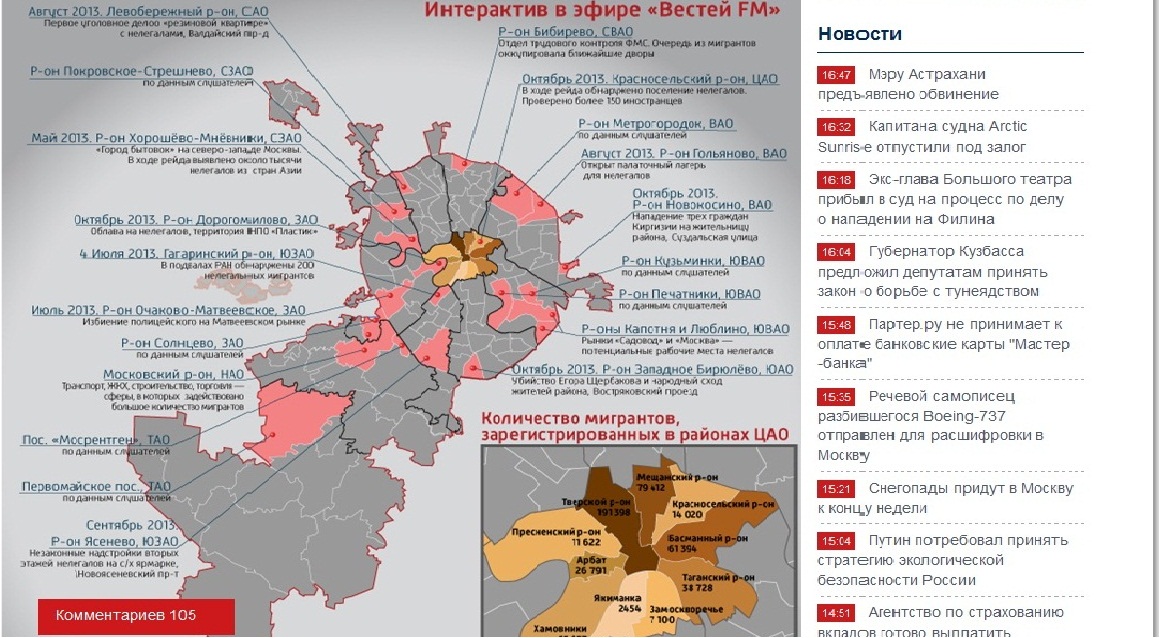The Difficult Relationship between the Media and the Car Industry
Everyday commodity, luxury good, environmental hazard – cars represent different things to different people. The same goes for those who write about them: they, too, elicit a rather wide range of reactions, as has become clear during a recent conference held in Bern, Switzerland.
Markus Hutter, co-owner of a car dealership and a Swiss MP, agreed by saying that a genuine car lobby did no longer exist. Instead, he claimed, lobbyists were mainly working to promote public transport. According to him, this is the area where all the money goes. The media manipulate, Hutter added, by ignoring many of the positive aspects of the car industry – and this despite the fact that they, the media, simply would go bust without the advertising money coming from that spurned sector.
Overestimated Media Influence
The proverbial people on the street, however, seem to view things a bit differently, at least according to the votes gathered by the AGVS. When asked, most people tend to view the media coverage of the car industry as “neutral” and “well done”, one respondent said he found cars simply ugly, while others told interviewers that they didn’t pay much attention to media reports at all because “they just wanna ruin it for all of us.”
Willi Diez, director of the Institute for Automotive Business (Institut für Automobilwirtschaft) in Geislingen, Germany, admonished those present in Bern not to overestimate the media’s influence on people’s purchase behaviour. Peter de Haan, a researcher at ETH Zurich who specialises in studying people’s decision-making when buying a new car underlined that the criticism levelled against the car sector should also be understood as opening up new business opportunities. Because the new and more eco-friendly models that leave car makers’ assembly lines every day also act as an invitation for people to think about buying a new car, especially since many car buyers actually want both: a beautiful, spacious new car and a “clean” conscience regarding the environment.
“We offer the platforms – but it’s up to you to provoke the debates”, is how Peter Hartmeier, editor-in-chief of Swiss daily newspaper Tages-Anzeiger, replied to the criticism coming from the car industry. “You hire the world’s best designers, but your PR and your political lobbying are both weak”, Peter Rothenbühler, chief publicist at Swiss publisher Matin Group, concurred. “Just placing your car ads isn’t enough – you must stage big events and come up with some really good ideas about how to solve the problems surrounding inner-city traffic.”
Cars are very much present in the Media…
Whether cars and their manufacturers are really being treated unfairly or not – those assessments are based on fuzzy feelings rather than hard facts. A study by the Institute for Communication and Media Research at the University of Bern (Institut für Kommunikations- und Medienwissenschaft), commissioned by the AGVS, is shedding some light on those feelings. The first unambiguous finding: cars are very much present in the media.
However, the tone of car-related articles depends on the newspaper section they appear in: while coverage tends a bit towards the negative in the main section (politics and general news), it is more balanced in the business section, and mostly positive in the car section (science & technology, trends, etc). The study is based on an analysis of the output of eleven Swiss newspapers, daily and Sunday papers, paid papers and free sheets, broadsheets and tabloids, national as well as regional publications.
… Including Free Sheets
Among the newspaper types that tend to report about the industry and their products “rather positively” are tabloids, regional and Sunday papers as well as free sheets. The varying reasons for this could be elucidated by a more detailed follow-up study, according to Roger Blum, media researcher and the institute’s director. However, already now a few surprising results have been found, for example, the fact that it is free sheets – read mostly by commuters using public transport – that put the car sector in a rather favourable light.
The relationship between the media, politics and the car industry has still other facets. Unforgotten to this day remains the reaction of a number of Swiss car importers who boycotted daily newspaper Tages-Anzeiger after a series of critical articles had appeared about the car lobby: for years, they didn’t place any ads in that newspaper, making it loose, in 1979 alone, half the advertising income normally generated by new car ads. According to the paper’s current editor-in-chief Peter Hartmeier, a newspaper of that standing could stomach such a blow even today – with the decisive factor being the staying power of the publishing house standing behind that paper.
What remained unaddressed during the conference, however, were the rifts automotive journalism often causes among the journalists working for a given paper. Those who make a living writing about cars often are regarded as the “black sheep” of their trade: they get invited by the car industry to travel to beautiful spots all over the world, they don’t need their own car because they can always take the latest limousine or sports car for a test drive, in short: they profit from all these perks without ever mentioning them to their readers – all the while they pretend to be real journalists…
The Independence Issue
One more issue was not mentioned in Bern: Those journalists who actually decided to follow the guidelines issued by the Swiss Press Council – guidelines that call for a strict rejection of any favours that might “reduce a journalist’s professional independence and his or her freedom of opinion” – would, in all likelihood, be out of work very quickly. They would no longer get invited by car makers, they would be shunted and left alone on the sidelines. This should be stated – and discussed – openly, too.
Translation: Oliver Heinemann









































